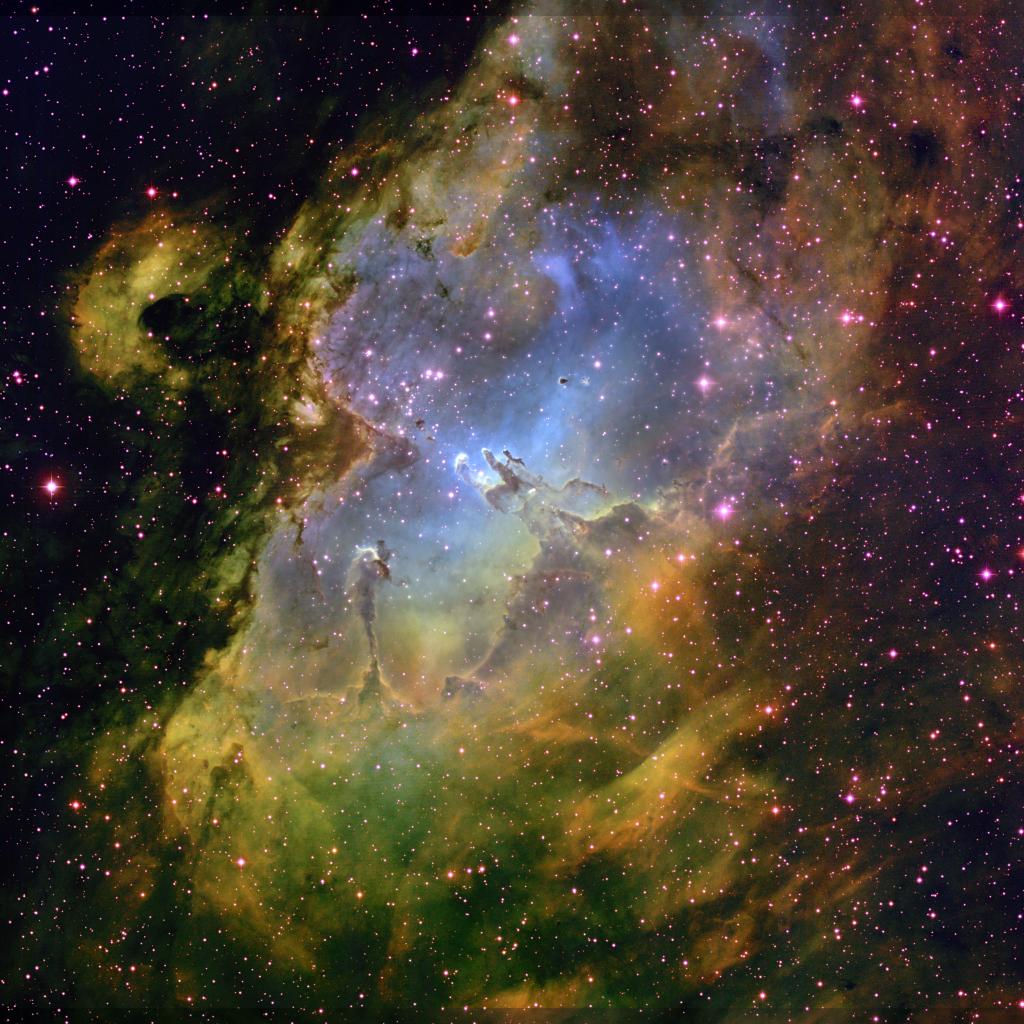This is the second step in a proof for the existence of God that has been the subject of an ongoing series. In the First Step, we deduced the existence of at least one unconditioned reality. This argument draws heavily on Robert Spitzer’s New Proofs for the Existence of God.
In the first step, we saw that if any reality exists—any reality at all—there must be at least one unconditioned reality. In this article, we will be drawing out the consequences of this with respect to simplicity. We will see that an unconditioned reality must be absolutely simple.
The term “simplicity” is a term of art. In common parlance, simplicity often means something like the lack of content or what is easily understood. We naturally consider “1”, for instance, to be simpler than the operation “1+1” or the number “32.” “Simplicity,” as we will use the term here, will not mean what is easy to understand or what lacks a richness of content. Simplicity will be used in an ontological sense to mean that which is without parts, boundaries, or incompatible states.
Thomas M. Cothran now writes at www.thomasmcothran.com. Read the rest of this article at www.thomasmcothran.com/simplicity-existence-of-god/.

No comments:
Post a Comment